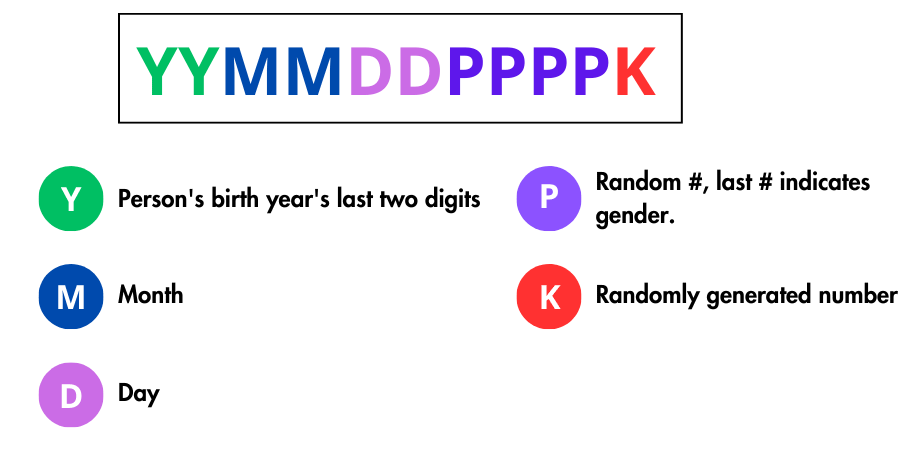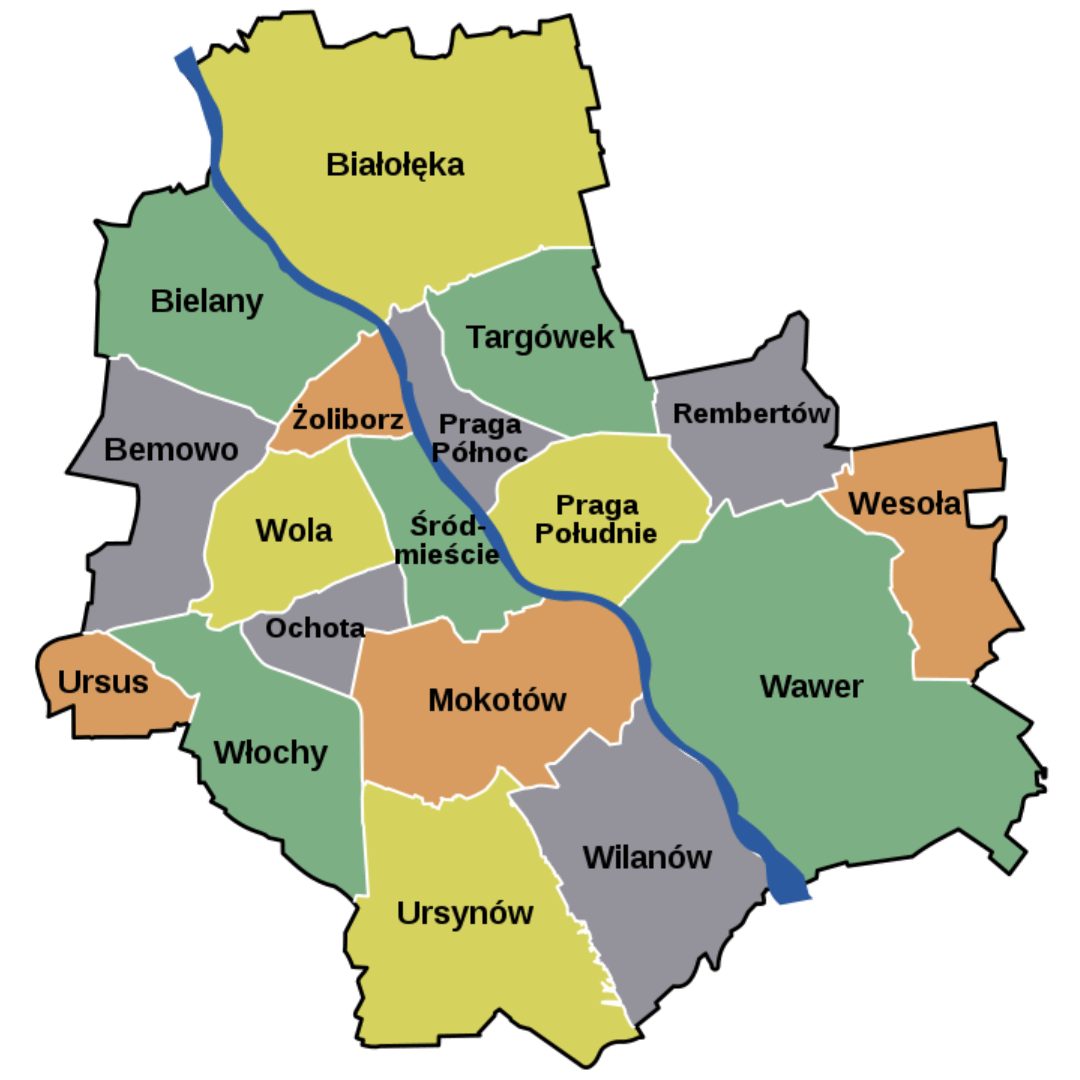Moving to a new country can be an exciting experience for anyone, however each country comes with their own unique set of challenges. This is especially true when it comes to navigating the sometimes overwhelming bureaucratic requirements required to stay.
If you are considering moving to Poland, understanding the necessity of a PESEL number comes first. The PESEL number (Powszechny Elektroniczny System Ewidencji Ludności) is a uniqure identification number assigned to residents in Poland.
In this article, we will explore the significance of the PESEL number and whether it is a mandatory requirement for individuals who plan to live in Poland.
What is a PESEL Number?
The PESEL number is a unique identification code assigned to every Polish citizen and resident. It plays a vital role in various administrative and legal processes, serving as a key identifier for individuals in Poland. The PESEL system was introduced in 1979 to facilitate efficient population registration and data management. It looks like this:

Why is the PESEL Number Important?
The PESEL number is important because it serves various official purposes like the following ones:
Residency Registration:
When moving to Poland, individuals are required to register their residence with the local authorities. The PESEL number is often used as a primary identifier in this process. It helps the government keep track of the population and ensures that residents are accounted for in the official records.
Access to Services:
Having a PESEL number facilitates access to a range of public services and amenities. This includes healthcare services, opening a bank account, and registering for utilities such as electricity and water. Many administrative processes in Poland are streamlined with the use of the PESEL number, making it an essential component of daily life.
Employment and Taxes:
Securing employment in Poland may require a PESEL number, as employers often use it for payroll and tax purposes. Additionally, when filing taxes, having a PESEL number simplifies the process and ensures accurate identification in official records.
Is a PESEL Number Mandatory for Foreigners?
While the PESEL number is a vital element for residents and citizens in Poland, it is not always mandatory for foreigners. The necessity of obtaining a PESEL number depends on the individual’s status and the duration of their stay.
Temporary residents, such as students or those on short-term work assignments, may not be required to obtain a PESEL number, especially if you intention is not to live here in the future. However, individuals planning to reside in Poland for an extended period, especially those seeking permanent residency, may find it beneficial to obtain a PESEL number for smoother integration into the local system.
How to Get a PESEL Number:
Each person in Poland must register their address if their visit extends beyond 30 days (for non-EU citizens) or 3 months (for EU citizens). This process, known as “registration of residence” – ZAMELDOWANIE or MELDUNEK , requires a visit to the relevant district/municipality office based on your residence, where you need to provide the necessary documentation.
For example:

Note:
By law, if you’re not from the EU, you have 4 days to register your new address (“zameldowanie”). If you’re from the EU, you’ve got 30 days to do it.
The application process typically involves submitting specific documents –Figure 1– and completing the necessary paperwork. Click here to download the Application Form. Local authorities, such as city halls or municipal offices, are usually responsible for issuing PESEL numbers. Below you can find the list of all district offices in Warsaw:

| District | Address |
| Bemowo | Powstańców Śląskich 70 |
| Białołęka | Modlińska 197 |
| Bielany | Stefana Żeromskiego 29 |
| Mokotów | Rakowiecka 25/27 |
| Ochota | Grójecka 17A |
| Praga-Południe | Grochowska 274 |
| Praga-Północ | Księdza Ignacego Kłopotowskiego 15 |
| Rembertów | gen. Antoniego Chruściela 26 |
| Śródmieście | Leona Kruczkowskiego 2 |
| Targówek | Ludwika Kondratowicza 20 |
| Ursus | plac Czerwca 1976 Roku 1 |
| Ursynów | Aleja Komisji Edukacji Narodowej 61 |
| Wawer | Żegańska 1 |
| Wesoła | 1 Praskiego Pułku 33 |
| Wilanów | Franciszka Klimczaka 2 |
| Wola | aleja “Solidarności” 90 |
| Włochy | Aleja Krakowska 257 |
| Żoliborz | Słowackiego 6 |
How Much Does It Cost to Get a PESEL Number?
The registration itself is free, and the only cost is associated with obtaining the official confirmation, which amounts to 17 PLN*.
*This amount may vary anytime.
PESEL Number vs Renting a Flat
As mentioned at the beginning of the article, everything depends on your goals when coming to Poland. Life can change in the blink of an eye. Therefore, if you’re just here for tourism or your stay is relatively short, less than 6 months, it’s advisable not to get a PESEL. When you leave Poland, you’ll need to deregister to have your PESEL number removed. Besides, having a PESEL isn’t really necessary for a short stay, like any other place you visit. Consider it!
Now, if your plans are different, and you intend to stay in Poland for more than 6 months, it’s recommended to have your identification number. As mentioned throughout the article, you need to identify yourself, and this comes into play when renting an apartment, studio, or house. Many landlords will ask for your PESEL Number if you’re renting for an extended period. Some may accept your passport number when you’re settling into the country, but over the years, you’ll likely need the PESEL for renting.
Employment & Taxes with a PESEL Number:
For individuals seeking employment in Poland, having a PESEL number may be a requirement imposed by employers. The number is often used for payroll and tax-related purposes, ensuring compliance with the country’s regulations. When filing taxes, the PESEL number serves as a unique identifier, streamlining the process and contributing to accurate record-keeping.
Overall
In conclusion, although a PESEL number is not obligatory for everyone residing in Poland, it carries substantial importance for individuals pursuing long-term residency. Grasping its role in administrative procedures, service access, and employment is essential for a smooth integration into life in Poland. Given that regulations may change, consulting with local authorities is crucial to stay compliant with current requirements and fully leverage the opportunities in this dynamic European country.





